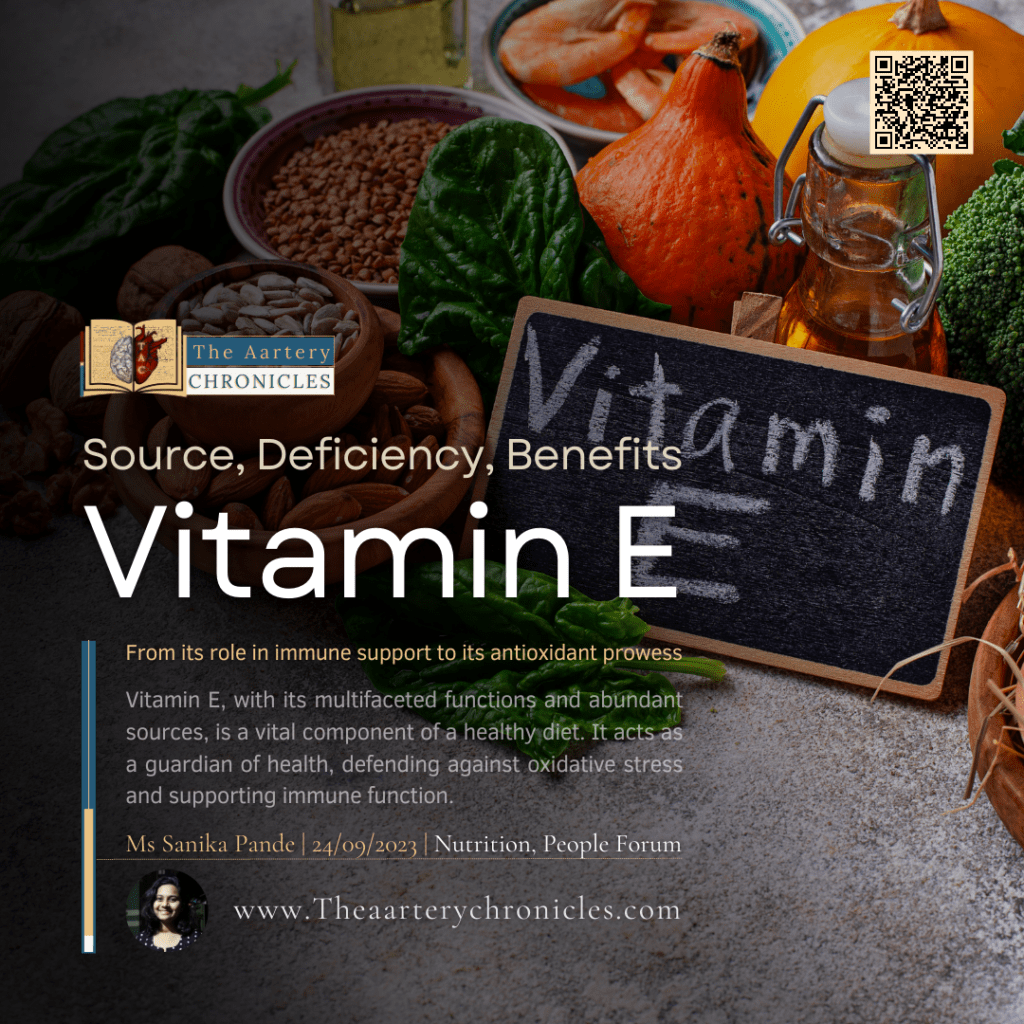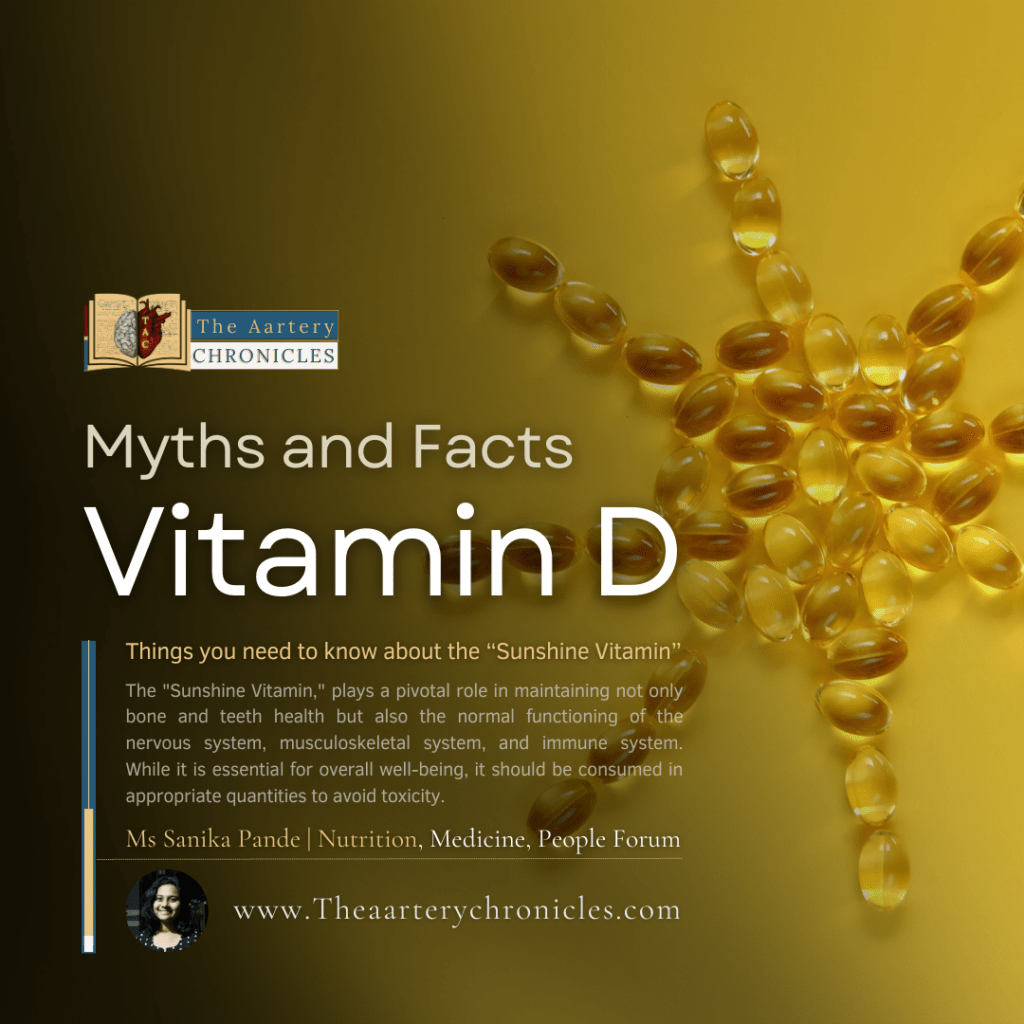

Exploring the Health Benefits of Omega Fatty Acids
People have shown significant interest in specific foods known for their health-enhancing effects. These foods offer more than just basic nutrition; they deliver additional health benefits. Including polyunsaturated fatty acids such as omega fatty acids in your diet is essential, given their profound significance for overall health.
What are Omega fatty acids?
Omega fatty acids are the type of polyunsaturated fats, that play a vital role in numerous physiological processes within the body. They are classified into diverse types, distinguished by their chemical makeup. Among them, two are well studied and stand out significantly due to their acknowledged significance as integral elements of a wholesome diet as well as their associated health benefits.
Here is an overview of these 2 well-known common types:
Omega 3 fatty acids:
This group of fatty acids contains its first unsaturated bond at the third position from the omega carbon. Omega 3s are beneficial for health and are further classified into subtypes. The three kinds of Omega-3 fatty acids include:
- Alpha-linolenic acid (ALA): ALA is primarily obtained from plant-based foods such as flaxseeds, chia seeds, walnuts, and certain vegetable oils.
- Eicosapentaenoic acid (EPA): EPA is commonly present in fatty fish like salmon, mackerel, and sardines. It is linked to cardiovascular health and the reduction of inflammation.
- Docosahexaenoic acid (DHA): Similar to EPA, DHA is present in fatty fish and holds significant importance for brain health and the development of the nervous system. It is also naturally occurring in breast milk and is frequently supplemented in infant formula to support early growth and cognitive development.
Omega 6 fatty acids:
There are four types of Omega-6 fatty acids:
- Linoleic acid (LA)
- Conjugated linoleic acid (CLA)
- Arachidonic acid (ARA)
- Gamma linolenic acid (GLA)
A deficiency in either Omega-3 or Omega-6 fatty acids can lead to dermatitis, skin roughness, and other skin-related problems. An estimated 95% of the global population is believed to have an inadequate intake of omega-3 fatty acids, highlighting its status as an essential nutrient. Omega-6 fats also play a significant role in the body similar to omega-3s, but they should be consumed in balance with Omega-3 fatty acids. Sources of omega-6 fatty acids include vegetable oils (such as soybean, corn, and sunflower oil), nuts, seeds, and processed foods.
Need for Balancing Omega-3 and Omega-6 Intake:
In the modern Western diet, there is frequently an elevated ratio of omega-6 to omega-3 fatty acids, potentially leading to chronic inflammation. To address this, increasing the consumption of foods rich in omega-3 or incorporating omega-3 supplements can aid in rebalancing this ratio and mitigating inflammation.
Where do omega-3 Fatty acids occur in the human body?
Omega-3 fatty acids are found in various parts of the body, where they play important roles in supporting overall health.
- Cell Membranes: Omega-3s, particularly DHA, are integral components of cell membranes, where they play a crucial role in maintaining membrane fluidity, flexibility, and overall cell function.
- Brain: DHA is highly concentrated in the brain and is essential for proper brain development and function. It is a major structural component of brain cell membranes and supports cognitive processes.
- Eyes: DHA is also present in high concentrations in the retina of the eyes, contributing to visual function and health.
- Heart and Blood Vessels: EPA and DHA are known for their cardiovascular benefits. They help reduce inflammation, lower triglyceride levels, and improve blood vessel function, thus supporting heart health.
- Joints: Omega-3s can help reduce inflammation in joints and may provide relief for conditions like arthritis.
- Skin: Omega-3s help maintain the skin’s barrier function, hydration, and overall health. They play a role in managing skin conditions and promoting a healthy complexion.
- Liver: Omega-3s may support liver health by reducing inflammation and improving fat metabolism.
- Immune System: Omega-3s can modulate the immune response and contribute to a balanced immune system.
- Endocrine System: Omega-3s are involved in the regulation of hormone production and overall hormonal balance.
- Nervous System: Omega-3s are important for the proper functioning of the nervous system, including neurotransmitter synthesis and nerve signal transmission.
It’s crucial to recognize that although the body can produce certain Omega-3s, like alpha-linolenic acid (ALA), its efficiency in synthesizing EPA and DHA is limited. Consequently, ensuring an adequate intake of EPA and DHA through dietary sources or supplements becomes essential for maintaining optimal health, particularly given their diverse and extensive benefits across various bodily functions.
Benefits of Omega-3 Fatty Acids
Omega Fats for Cardiac Health:
Omega-3 fatty acids are widely recognized for their positive impact on cardiac health and blood vessels through various mechanisms:
- Arrhythmia Prevention: Omega-3s are acknowledged for their ability to lower the risk of arrhythmias, which are irregular heartbeats. This can also contribute to reducing the likelihood of cardiac abnormalities like myocardial infarction (heart attack) and angina.
- Prevent plaque build-up: Omega-3 fatty acids, particularly eicosapentaenoic acid (EPA) and docosahexaenoic acid (DHA) play a role in preventing plaque buildup (atherosclerosis) in several ways:
- Anti-Inflammatory Effects: Omega-3s have anti-inflammatory properties that help reduce inflammation within the blood vessels. Chronic inflammation is a key factor in the development of atherosclerosis and plaque formation. By lowering inflammation, omega-3s can slow down the initiation and progression of plaque buildup.
- Triglyceride Reduction: Omega-3s can lower levels of triglycerides, a type of fat in the blood. Elevated triglyceride levels are associated with an increased risk of atherosclerosis and cardiovascular disease. By reducing triglycerides, omega-3s contribute to a healthier lipid profile and help prevent the deposition of fats within arterial walls.
- Blood Pressure Regulation: Omega-3s help regulate blood pressure levels. High blood pressure is a risk factor for atherosclerosis, as it can damage the lining of blood vessels and promote plaque formation. Omega-3s support optimal blood pressure, reducing stress on the arterial walls and minimizing the risk of plaque buildup.
- Anti-Platelet Activity: Omega-3s have mild anti-platelet effects, which means they can help prevent excessive blood clotting. Clots can contribute to the development of plaques by narrowing the blood vessels and obstructing blood flow. By inhibiting excessive clot formation, omega-3s reduce the risk of plaque-related complications.
- Improved Lipid Profile: Omega-3s can increase high-density lipoprotein (HDL) cholesterol levels, often referred to as “good” cholesterol. Higher levels of HDL cholesterol are associated with reduced atherosclerosis risk. Additionally, omega-3s may decrease low-density lipoprotein (LDL) cholesterol levels, also known as “bad” cholesterol, which is a major contributor to plaque formation.
- Stabilization of Plaques: Omega-3s may help stabilize existing plaques, reducing the risk of rupture. Plaque rupture can lead to the formation of blood clots that block blood flow, causing heart attacks or strokes. By promoting plaque stability, omega-3s can prevent these dangerous complications.
Omega Fats for obesity
Consumption of foods rich in omega-3 aids in weight management by
- Reducing appetite
- Improving insulin sensitivity
- Promoting fat metabolism
Research suggests that omega-3 fatty acid supplementation holds promise as an approach for preventing metabolic disorders. Omega-3 fats have been shown to potentially contribute to the reduction of obesity by stimulating the activation of brown adipose tissue (BAT).
Omega Fats for Bone Health:
Omega-3 polyunsaturated fatty acids have beneficial effects on bone health. Omega fatty acids impact bone health by:
- Influencing the absorption of calcium in the body
- Production of eicosanoid
- Mediating hormonal changes, expression of genes, and peroxidation of lipids
It has been found that Omega-3s are helpful in the treatment and prevention of Osteoporosis. Consumption of foods that are rich in ALA helps retain alkaline phosphate activity specific to bones which helps with the regulation of mineralization and bone formation. Also, omega-3s boost bone mineral density (BMD).
Omega Fats for Skin and Hair Health:
In recent decades, fish oil has garnered attention as a potential supplement for mitigating the severity of skin conditions like dermatitis, melanogenesis, and skin cancer. The link between skin disorders and omega-3 polyunsaturated fatty acids, particularly eicosapentaenoic acid (EPA) and docosahexaenoic acid (DHA) has attracted growing interest.
- Research has uncovered the significance of linoleic acid (LA) and alpha-linolenic acids (ALA) in improving skin tone and reducing hyperpigmentation. This effect is achieved through the mechanism of tyrosinase inhibition. Studies demonstrate that treatments involving LA and ALA helped decrease UVB-induced melanin production by 16 to 28%.
- Omega-3 and omega-6 fatty acids play a vital role in maintaining skin homeostasis. These fatty acids have been shown to enhance the skin’s barrier function, hinder hyperpigmentation, alleviate dry skin, promote hydration, and expedite wound healing processes.
Research indicates that a combination of omega-3 and omega-6 fatty acids, coupled with antioxidants, effectively addresses hair loss while simultaneously improving hair density and reducing the occurrence of grey hair.
- Omega fatty acids supply vital nutrients and proteins to hair follicles, thereby diminishing follicle inflammation. Notably, fish oil has been recognized for its capability to enhance scalp blood circulation, thereby stimulating hair growth.
- Omega supplements are renowned for their capacity to substantially decrease hair loss and stimulate the growth of hair.
Omega Fats for Boosting Brain Function
- DHA, a type of Omega-3, is a major structural component of the brain and has been linked to cognitive function, memory, and even mood regulation.
- Consuming sufficient Omega-3s is associated with better brain development and may help in maintaining cognitive health as we age.
Omega Fats for Eye Health
DHA is also a major component of the retina, making it important for vision and eye health. Adequate Omega-3 intake has been associated with a reduced risk of age-related macular degeneration and dry eye syndrome
Omega Fats for preventing Chronic diseases
Omega-3s possess anti-inflammatory properties, which can be beneficial for managing chronic inflammatory conditions such as arthritis and autoimmune diseases.
- They help balance the body’s inflammatory response, promoting overall wellness.
- Omega-3s have been associated with a reduced likelihood of developing chronic illnesses, such as specific forms of cancer, type 2 diabetes, and metabolic syndrome.
Foods that are rich in omega fats
- Fish (Mackerel, Salmon, etc.)
- Cod liver oil
- Flaxseeds
- Caviar
- Nuts and Seeds
- Soyabean
- Eggs and dairy
- Vegetables such as Brussels sprouts, purslane, and spinach




Conclusion
Omega-3 fatty acids play a multifaceted and significant role in promoting overall health and well-being. These essential fats are crucial components of cell membranes, supporting proper cellular function and communication. Their anti-inflammatory properties contribute to mitigating inflammation and reducing the risk of chronic diseases, including cardiovascular issues and certain types of cancer. Omega-3s are particularly beneficial for brain health, supporting cognitive function, mood regulation, and neuroprotection.
Furthermore, omega-3 fatty acids have demonstrated their impact on skin health, helping with conditions such as hyperpigmentation and dryness. They contribute to bone health by influencing bone metabolism and density. In the realm of hair care, omega-3s, along with antioxidants, show potential in combating hair loss and improving hair quality.
The consumption of omega-3-rich foods or supplements is recommended to ensure an optimal balance between omega-3 and omega-6 fatty acids, thereby promoting a healthier inflammatory response and reducing the risk of various chronic ailments. However, individual needs may vary, and it is advisable to consult with a healthcare professional before making significant dietary changes or starting any supplementation regimen. Embracing a well-rounded approach to nutrition, exercise, and lifestyle choices will contribute to harnessing the full benefits of omega-3 fatty acids for overall health and vitality.
- Ramesh Kumar Saini, AbstractLinoleic acid (LA) (n−6) and α-linolenic acid (ALA) (n−3) are essential fatty acids (EFAs) as they cannot be synthesized by humans or other higher animals. In the human body. Omega-3 and omega-6 polyunsaturated fatty acids: Dietary sources, metabolism, and significance - A Review [Internet]. Pergamon; 2018. Available from: https://www.sciencedirect.com/science/article/abs/pii/S0024320518302303
- G; A. A 3-month, randomized, double-blind, placebo-controlled study evaluating the ability of an extra-strength marine protein supplement to promote hair growth and decrease shedding in women with self-perceived thinning hair [Internet]. U.S. National Library of Medicine;. Available from: https://pubmed.ncbi.nlm.nih.gov/25883641/
- AP; S. The importance of the omega-6/omega-3 fatty acid ratio in cardiovascular disease and other chronic diseases [Internet]. U.S. National Library of Medicine; Available from: https://pubmed.ncbi.nlm.nih.gov/18408140/
- Kaur N, Chugh V, Gupta AK. Essential fatty acids as functional components of foods- A Review [Internet]. U.S. National Library of Medicine; 2014. Available from: https://www.ncbi.nlm.nih.gov/pmc/articles/PMC4190204/
- Huang TH; Wang PW; Yang SC; Chou WL; Fang JY; Cosmetic and therapeutic applications of fish oil’s fatty acids on the skin [Internet]. U.S. National Library of Medicine; Available from: https://pubmed.ncbi.nlm.nih.gov/30061538/
- Le Floc’h C; Cheniti A; Connétable S; Piccardi N; Vincenzi C; Tosti A; Effect of a nutritional supplement on hair loss in women [Internet]. U.S. National Library of Medicine. Available from: https://pubmed.ncbi.nlm.nih.gov/25573272/
- Kang J-I, Yoon H-S, Kim SM, Park JE, Hyun YJ, Ko A, et al. Mackerel-derived fermented fish oil promotes hair growth by anagen-stimulating pathways [Internet]. U.S. National Library of Medicine; 2018. Available from: https://www.ncbi.nlm.nih.gov/pmc/articles/PMC6164340/

Author: Ms Sanika Pande












